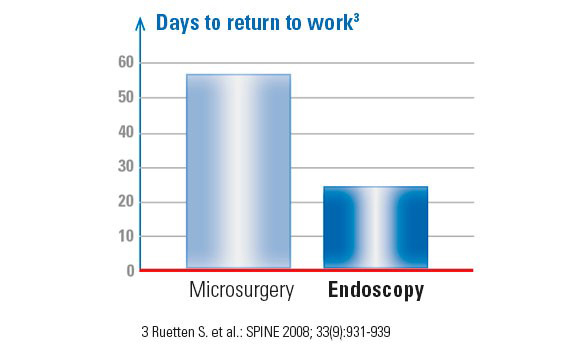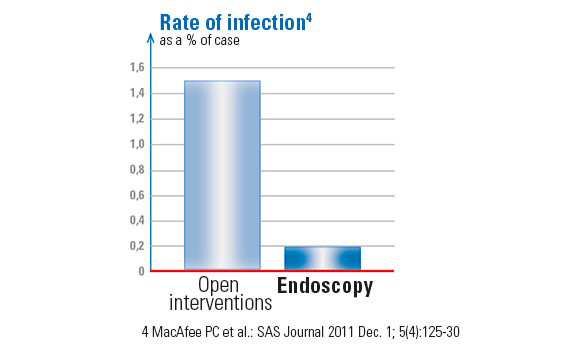Minimally Invasive Spine Surgery Frequently Asked Questions
These questions are meant as a starting point and do not replace the advice of your doctor. It is important that you consult with a board-certified spine surgeon about your questions and concerns about any aspect of spine surgery.
When should I consider spine surgery?
Contemplating surgery is usually the last consideration for treating conditions of the spine. If you have exhausted non-invasive treatment options without seeing improvement, or your condition is worsening, surgery can be the best option for you. Conditions such as back pain, spondylolisthesis, sciatica, herniated disc(s), degenerative disc disease, spinal and foraminal stenosis, or degenerative scoliosis are often helped by minimally invasive spine surgery.
Will minimally invasive spine surgery help me?
Minimally invasive spine surgery is a rapidly expanding field and most surgeries can be performed without the need for a large open incision. Unfortunately, some conditions still require open incisions, such as tumors, infections, or certain types of scoliosis.
Each treatment must be specific to the patient’s diagnosis and overall health. Dr. Hanson carefully evaluates each patient and determines the best course of treatment based on his or her condition. Endoscopic spine surgery can take the concept of minimally invasive surgery to a new level with a small incision and the ability to not retract and injure the multifidus muscles. This group of muscles lies along the posterior aspect of the spine and has to be retracted to obtain access to the spine unless an endoscopic surgical approach is used. To find out if you are a candidate for minimally invasive or endoscopic spine surgery, make an appointment to see Dr. Daniel Hanson.
How long does it take to recover from minimally invasive spine surgery?
While recovery times vary from patient to patient, on average a patient can expect to begin feeling better immediately and the recovery is significantly reduced in comparison to a patient who underwent traditional spine surgery. Most patients report that their nerve pain symptoms resolve immediately while other patients note that it takes up to a week for symptoms to resolve.
This seems to be due to the length of time of nerve compression and/or how much the nerve was compressed. Recovery is typically much faster than with traditional surgery since this type of surgery involves far less damage to the muscle and soft tissue. Individual recovery can vary as each patient is different. Your doctor will best be able to advise you on the extent of your recovery and whether physical therapy might help restore you to full function.


How long will I be in the hospital after surgery?
Each patient and surgery is different, but many patients can return home on the day of surgery. If a hospital stay is necessary, it is generally only for one to two days. Your surgeon will be able to tell you if a hospital stay will be needed.
Is minimally invasive spine surgery done with lasers?
Minimally invasive spine surgery is performed with many different surgical implements, including lasers, endoscopes, computer-assisted navigation systems, and operating microscopes. This allows the procedure to be performed through a small instead of a large incision. The decision to use a specific technology is based on the needs of the patient.
